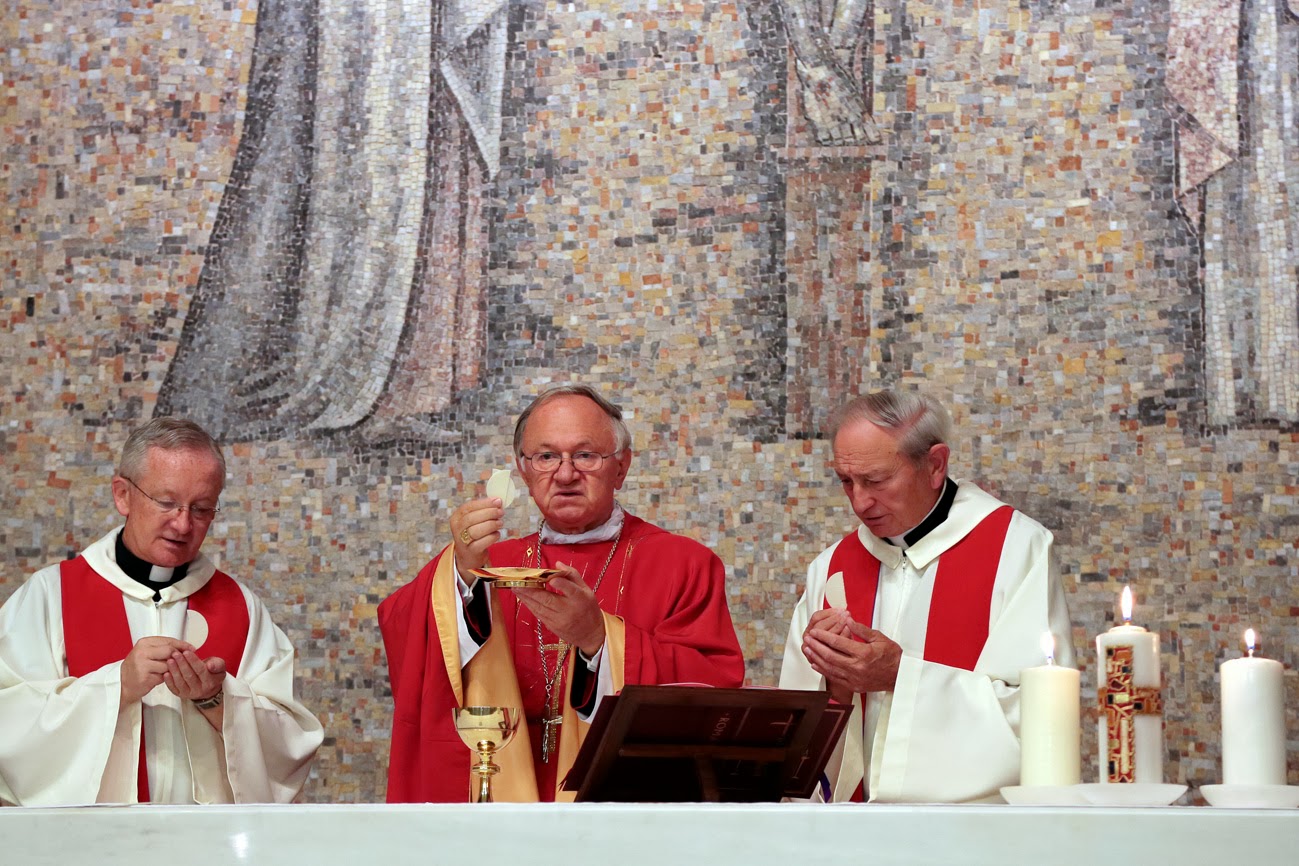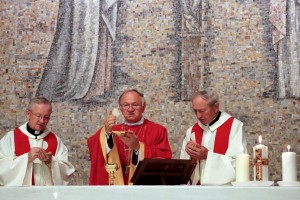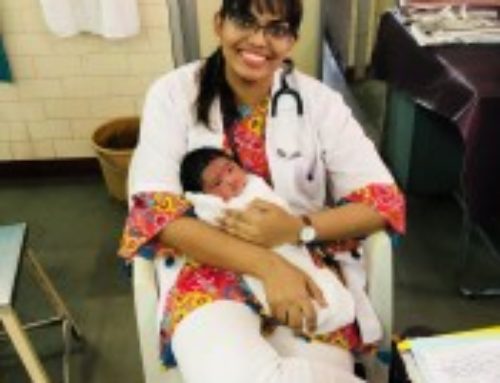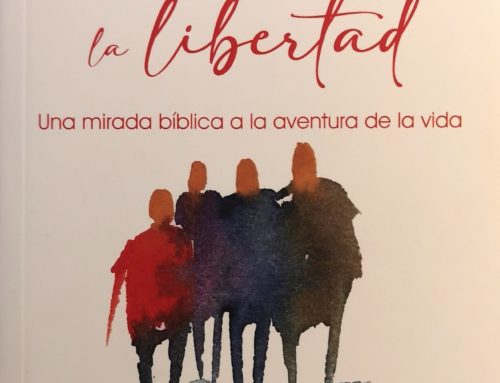The Compassion of Jesus: The Widow’s Son of Nain (Lk 7:11-17)
The name Naim in Hebrew means ‘pleasant’. However it is now a very unpretentious little village. There is a small mosque there, and a modest Catholic Church (1880), in stone, to commemorate the miracle recorded only by St. Luke. It makes quite a contrast with the splendour of Mt Tabor towering way above it where the Transfiguration is said to have taken place. The road out of the village joins the main road through glorious Upper Galilee towards the lake- twenty five miles to Capernaum. The road south goes towards Jerusalem.
The Miracle
No names are given in our text to the principal characters involved in the narrative. There is just an anonymous widow and her son. The scene reflects what is described in our first reading today from 1Kings 17:17-24. Elijah resuscitates a widow’s son, albeit with a lot more effort than Jesus employed, and restores him to his grieving mother. One great prophet in Israel foreshadows another. This time Jesus was not asked to perform a miracle. He just did so because he was full of profound compassion for the weeping mother, having lost her only son and her livelihood. With a simple command he restored her son to her. The crowd reacted by declaring that Jesus was a great prophet. Biblical prophets speak for the One God (monotheism), for the way he should be honoured (morality), and with the promise of final happiness (messianism) . No more attention is given in the text to the widow and her son. The fame of Jesus spreads south to Judaea- Luke wants us to know that Jerusalem was the goal for Jesus, his place of death and glory. He had worked many miracles but bringing the dead back to life was very rare- perhaps three or four instances in all. Jerusalem would know about this in advance.
St. Paul –St. Peter
In our second reading today, in the Epistle to the Galatians, St Paul recalls how he had completely rejected Christianity until he had been given a special revelation – indicating that long before his birth his vocation had already been decided when he was still in his mother’s womb. He sees himself as a new Jeremiah (Jr 1:5) “Before I formed you in the womb I knew you, before you came to birth I consecrated you; I appointed you as prophet to the nations.” This Good News Paul will now spread to the Gentiles- and in doing so he too will resuscitate a dead person without being asked to do so (Acts 20:7-12). This time the boy’s name is given, Eutyches, and the place is Troas. St. Peter performed a similar miracle in Joppa for Tabitha- Dorcas as she was called in Greek (Acts 9:36ff.). Little space is given to the account of these events. Christianity never exalted the disciples above the Master. The Good News was Jesus Christ himself, everything he said, everything he did, and everything he was. We recall the question that came from John the Baptist in prison as to what Jesus was achieving as God’s emissary. The reply was most revealing. Jesus said: “Go back and tell John what you hear and see: ‘the blind see again, and the lame walk, those suffering from virulent skin-diseases are cleansed, and the deaf hear, the dead are raised to life and the good news is proclaimed to the poor, and blessed is anyone who does not find me a cause of falling” (Mt 11:2-6).
Today’s Questions
Looking back in history we ask if human beings have changed at all? We know very well what it is like for the wage-earner in the family to die and leave a bereft family behind. Widows are still with us. We see every day on our TV screens the misery and suffering in the lives of those lost in the Mediterranean. We see the daily exchange on what in and out of Europe might mean for those who have most to gain and most to lose. Much less seems to be said about those most in need. The word compassion seems never to figure in our political vocabulary.
What to Think?
Have we ever thought of ourselves as compassionate? Let us look back on our own individual life, in its detail. What have we experienced and what have we derived from it to help our deeper reflections? When did we begin to have ideals, if we ever did, about the way things should be? What were the circumstances in which we were free enough, in the family, socially, financially, to make free decisions for a committed way of life? What do we want for others? Most of us live relationships in a tiny world where our happiness is secured by those who love us- like the widow at Naim. The ordinary people there lived in a tiny world. Most probably never visited Jerusalem. They were encountered by a man who seemingly lived in exactly the same circumstances as themselves. But he was changing the world and in his doing so his widowed mother would come to be known as Our Lady of Sorrows- a grandiose title for someone suffering who pondered these things in her heart (Lk 2:31).
Conclusion
Every Sunday we come to Mass and pray our very public and our very private prayers together with our memories and hopes. We are encouraged to live out our ordinary everyday life in the context of our faith. We are especially encouraged to be open to a bigger world helped by a universal Church. We must live simultaneously in so many relationships, just as Jesus did, God with us- Emmanuel. This world is his world and ours with all its sorrows and joys. The Good News is what happened to him. We are back in Naim in Lower Galilee…a ‘pleasant’ name, but indicating first a sad then a wonderfully glad event. We pray, and hope. There is always hope. Forty years ago the Boat People from Vietnam were being picked up and accommodated. Seventy years ago the Normandy invasion began and with it the end of the Nazi horror in Europe (1944-5). In 1989 the Berlin Wall came down and with it the Soviet Union. Surely for the migrants suffering today a resolution can also be found for the benefit of all. It is the year of compassion. And only human beings can show compassion. Amen.
Rev Richard J. Taylor
Assistant Mater Care International









